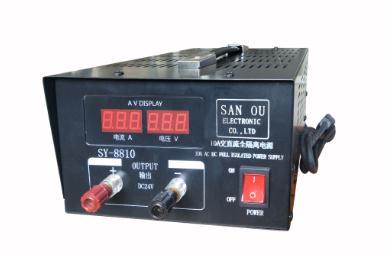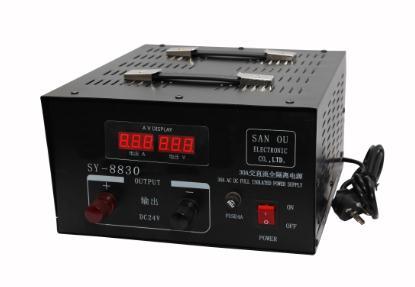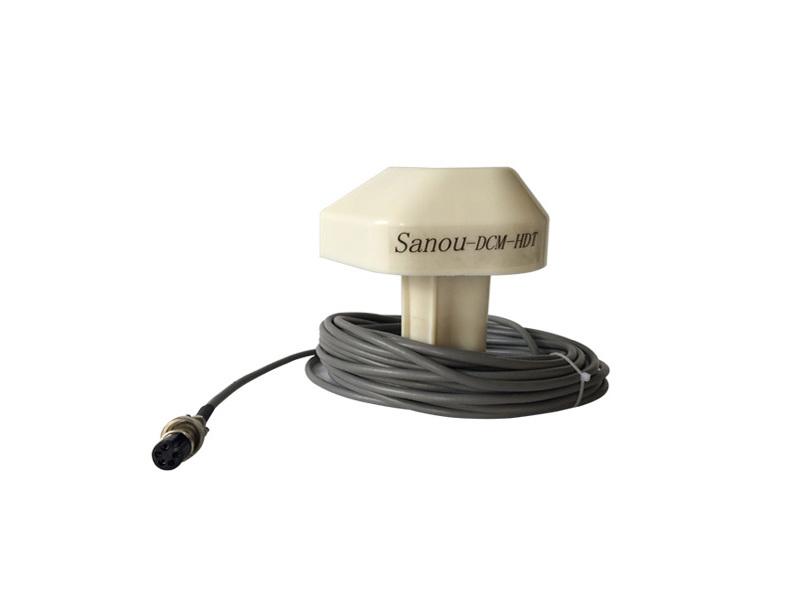News Center
Understanding the Benefits and Applications of a 1500W Constant Voltage Inverter
In the realm of electrical engineering, a 1500W constant voltage inverter stands out as a vital apparatus for converting direct current (DC) into alternating current (AC) while maintaining a stable output voltage. This consistency in voltage is particularly important for powering various devices and systems that require a reliable energy source.
One of the primary advantages of utilizing a 1500W constant voltage inverter is its ability to deliver a steady voltage output, which minimizes fluctuations that could potentially harm sensitive electronics. This reliability is essential in applications that involve computers, communication systems, and other electronic devices that are vulnerable to power surges or drops.
The inverter operates by taking the input DC voltage, typically from batteries or solar panels, and transforming it into a stable AC output. This feature makes it suitable for both off-grid systems and backup power solutions. In situations where grid power is unavailable or unreliable, a 1500W constant voltage inverter can ensure that essential equipment continues to function, thereby enhancing energy independence.
Another significant application of a 1500W constant voltage inverter is in renewable energy systems, particularly solar power setups. By converting solar-generated DC power into usable AC power, this inverter plays a crucial role in maximizing energy harnessed from sunlight. For households and businesses investing in solar technology, a 1500W inverter can efficiently supply power to various appliances, leading to reduced electricity bills and a lower carbon footprint.
In addition, the compact size and portability of many 1500W constant voltage inverters make them an excellent choice for mobile applications. Whether used in RVs, boats, or during outdoor activities, these inverters provide the convenience of AC power wherever needed. Their lightweight design ensures easy transport and installation, making them versatile for a variety of settings.
When selecting a 1500W constant voltage inverter, consider important factors such as efficiency, operating temperature range, and additional features like built-in protection against overloads and short circuits. These elements will determine the inverter's performance and longevity, ensuring that it meets the specific energy needs of your application.
In conclusion, a 1500W constant voltage inverter is an indispensable tool for both residential and commercial energy management. Its ability to convert DC to stable AC power makes it ideal for a range of applications, particularly in renewable energy systems and portable power solutions. With this knowledge, you can make informed decisions about incorporating a 1500W constant voltage inverter into your energy strategy, ultimately optimizing your power usage and enhancing your electrical environment.
Related News
Understanding the Benefits of a 1 in 4 Out Signal Distributor for Electronic Components
Understanding the Benefits of a 1 in 4 Out Signal Distributor for Electronic Components Table of Contents 1. Introduction to Signal Distribution 2. What is a 1 in 4 Out Signal Distributor? 3. Key Advantages of Using a 1 in 4 Out Signal Distributor 3.1 Enhanced Signal Integrity 3.2 Improved Signal Distribution Efficiency 3.3 Flexibility in System Desi
Understanding the 1 in 10 Out Signal Distributor: A Key Component in Optoelectronic Applications
A 1 in 10 out signal distributor is a specialized electronic device that takes a single input signal and replicates it across multiple output channels—in this case, ten outputs. This function is crucial in various applications, including telecommunications, broadcasting, and data transmission systems. The ability to distribute a single signal to multiple outputs ensures that information can reach
Unlocking the Benefits of the Furuno 1831 Radar with a Quality 24 Pin Square Plug
Unlocking the Benefits of the Furuno 1831 Radar with a Quality 24 Pin Square Plug Table of Contents 1. Introduction to Furuno 1831 Radar 2. Key Features of the Furuno 1831 Radar 3. Advantages of Using a Quality 24 Pin Square Plug 4. Installing the Furuno 1831 Radar with a 24 Pin Square Plug 5. Maintenance Tips for Optimal Performance 6. Troubleshooting Common




